The interrogatories of Craft Masonry are said to have been penned by William Preston and appear in the ritual workings of the Entered Apprentice Degree sometime after 1772. Prior to this, the preparation room was used for different purposes. In the earliest days of Speculative Masonry, the candidate was “made” a Mason in the preparation room by having the obligations administered to him by the Master before he ever stepped foot into the lodge. This was the case during the late 17th century period and remained common through the first two decades of the 1700’s.
As degree workings became more formalized, the “making ceremony” was moved into the lodge room itself and the anteroom became the waiting area for the candidate while the Master opened the lodge. Once the lodge was opened, the Master asked if anyone was in waiting to be “made.” The Wardens and the proposer retired to prepare the candidate. He was relieved of his metals, asked some basic questions such as name, occupation, and place of residence, and then left to his own reflections for at least half an hour. His proposer sat with him, and he was not allowed to talk. Guards (likely the deacons) stood near with swords drawn.
While all this was taking place, the lodge set up its trestleboard, or set of figures drawn into the floor with charcoal and chalk, set in an oblong square.
Preston changed all this with his formal interrogatories; and these are adopted and in use today. After the questions are asked in the preparation room, the Deacon gives the candidate a charge which informs him of the seriousness of the journey he is about to take, and suggests that, through the language and hieroglyphics of our ceremonies, we may come to understand the meaning of death and rebirth.
And then he is given a warning. He is told that his status in life is not enough to gain him a place in heaven; that indeed he must become poor and destitute, blind and naked. Of course, he doesn’t realize this at the time, but what he is being told is that we will be communicating with his soul rather than his body from this point forward; because we already know it is only his soul that is capable of interpreting and understanding the allegories we will present to him. And then we add another very brief and eccentric afterthought—that “he must be divested of the rags of his own righteousness…. .” Now, what in heaven’s name does this mean? Why would we divest someone of their righteousness?
Righteousness is defined as conformity of life to the requirements of the Divine or Moral Law. This would seem a very Masonic plan. Righteousness means virtue, or integrity—again, a central Masonic goal. To be righteous is to be morally right or justifiable. So again, why are we divesting our man of his own moral justification?
Well, I’m not sure. But I think we are imploring him to consider what righteousness means to him. The operative word in our admonition is that we are divesting him of the rags of his own righteousness. This would imply we are suggesting the validity in which he defines righteousness is worthy of his reconsideration. Because righteousness is a subjective thing. Like Truth. It is a virtue which has been so broadly used throughout history that one hardly knows what to make of it.
For instance, Barclay complained about the greediness of some merchants in mixing European plants with Indian wrappers and calling it righteous and legitimate tobacco. What does that mean? It was said of George Washington that he was righteous in the treatment of his slaves? Now there’s an oxymoron. We have been told over and over again that America has a righteous government. Oh really?
You get the idea. A man does not even get to knock on the door of Freemasonry before he is told to set aside what he has already been taught, or told, or ordered, or mandated in so far as his moral code is concerned. You see, we are not so much interested in what someone or something has already made of him. Freemasonry asks him to set aside the assumptions of his past; be divested of his subjective upbringing, bear the nakedness of his own heart, and be clothed in the purity of his soul. Only then can he objectively learn what he does not know; and begin the great and important undertaking of re-discovering himself.
It is only when he makes this mystic journey within that he can take on the mantel of righteousness; and know that he is justified in his moral standing.
So, regardless of our station in life, or where we are on our own journey, it never hurts to occasionally stop and ponder this significant question for ourselves:
What are the rags of my own righteousness?
________________________________________
THANK YOU FOR READING THE LAUDABLE PURSUIT!
IF YOU ENJOYED THIS PIECE, PLEASE FEEL FREE TO SHARE IT ON SOCIAL MEDIA SITES AND WITH YOUR LODGE.
For more information on Wor. Robert G. Davis Please: CLICK HERE
Also, visit us on Facebook: https://www.facebook.com/TheLaudablePursuit
_______________________________________
SHOW YOUR SUPPORT
If you enjoyed this content, you can show your support by visiting the "Support TLP" page in the header.




